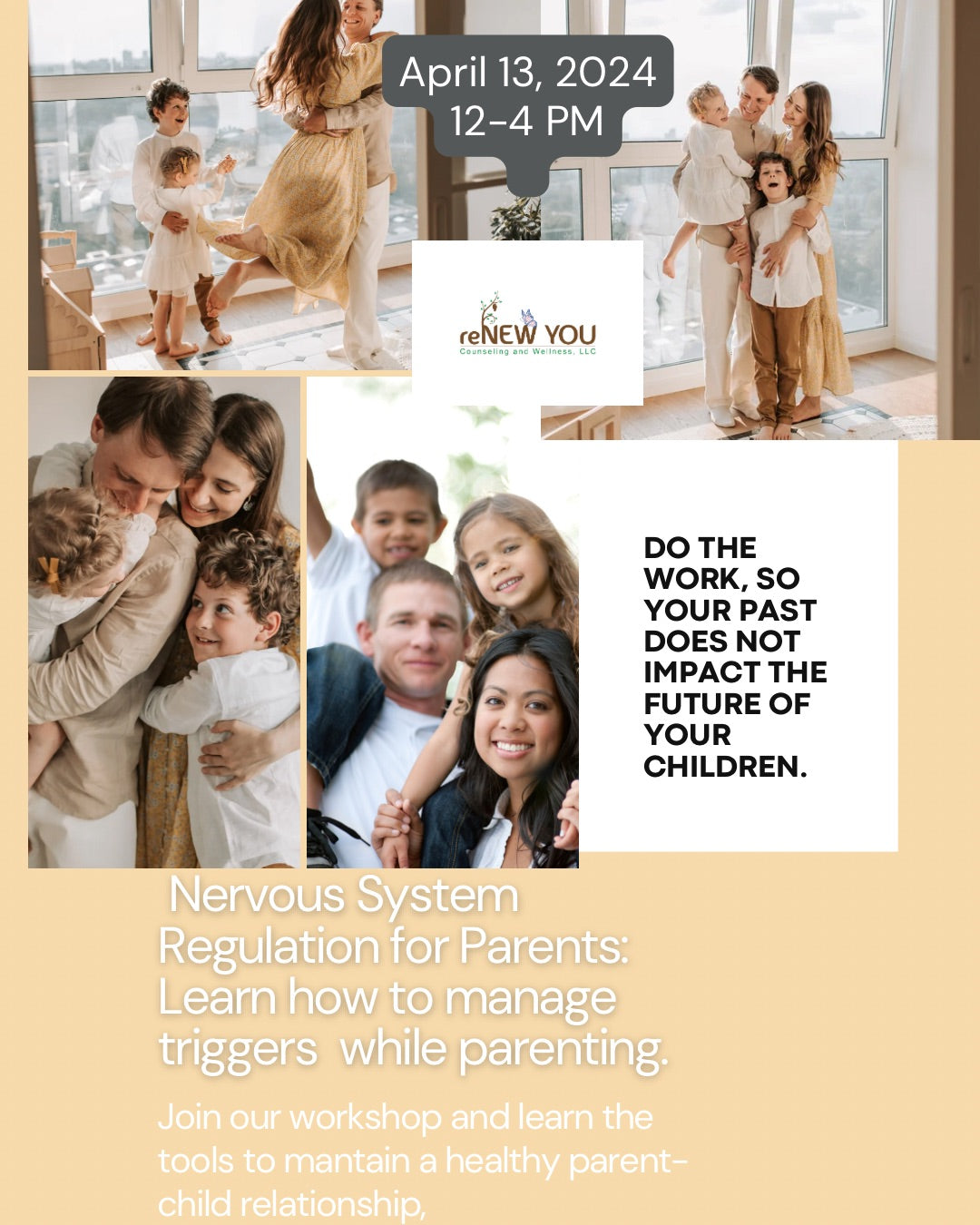Have you ever found yourself reacting strongly to your children's emotions in a way that surprises you? The concept that unresolved emotions from childhood can resurface as triggers in our adult lives, especially in the realm of parenting, is a common experience for many.
When we did not have the chance to process and express a full range of emotions during our own childhood, it can manifest as triggers when our children express theirs. This cycle can continue unless we take the time to heal and understand these patterns.
The connection between our past experiences and present emotional reactions presents a profound opportunity for personal growth and healing. By acknowledging and addressing these unresolved emotions, we can create a more harmonious and safe relationship with our children.
Why do I get so Triggered When My Children are Upset?
Intergenerational trauma is a complex and intriguing phenomenon that can have a profound impact on individuals and families. When individuals have experienced trauma in their own childhood, they may develop a strong determination to break the cycle and avoid replicating the behaviors of their parents.
However, without proper healing and processing of their own trauma, the unresolved issues can still manifest in their behaviors and relationships in different ways.
One common manifestation of this phenomenon is when a parent exhibits contrasting behaviors, such as being fun and easy-going most of the time, but suddenly becoming explosive and reactive over trivial matters. This inconsistency can be confusing and distressing for children, as it creates an unpredictable environment that can contribute to feelings of anxiety, insecurity unworthiness.
I want to say something that stuck with me when I started my healing journey, witnessing or being the recipient of repetitive yelling, screaming and arguing CHANGES YOU. I know this to be true, as I had an immense amount of unresolved trauma due to growing up with constant chaos fighting and yelling. I lost a sense of safety not only with my parents but lost the sense of safety within myself. It did not return for over 25 years until I started doing my inner healing work. Thus, It is essential for individuals who have experienced anything similar to seek support from a trained professional who is trauma informed, to stop the perpetuation of these harmful patterns in future generations.
By addressing and working through their own trauma, individuals can break the cycle of intergenerational transmission and create a healthier and more stable environment for themselves and their families. Through therapy, self-reflection, meditation and mindfulness practices, individuals can gain insight into the root causes of their behaviors and develop healthier coping mechanisms. By taking proactive steps to heal from past traumas, individuals can create a positive ripple effect that promotes healing and resilience within their families and communities.
What are Parental Triggers and How Can I Stop Them?
Triggers are emotional based survival responses elicited from our nervous system that are disproportionate to the situation at hand. Over reactiveness is a very textbook unresolved trauma response. Trauma gets passed down from generation to generation until someone in your family lineage STOPS and takes the time to HEAL, to SIT with stored emotions and memories you did not have a chance to FEEL in childhood and REGULATE, REPROCESS, RELEASE, again I emphasize that this work should be done with a trauma informed professional who preferably integrates somatic therapy into their practice.
Triggers can manifest in various ways, and look like yelling, screaming, or losing your cool over small mistakes. It's important to understand that this behavior is a trauma response and can have long-term consequences on your child's emotional well-being. This type of behavior is often a result of unresolved trauma or stress in the parent's life, causing them to react in a way that may not be productive or constructive
Breaking the Cycle
In order to break this cycle, it's essential to work on your own trauma healing and nervous system regulation. By addressing your unresolved emotions and triggers, you can prevent passing them down to your children. Seeking therapy through a trauma informed body based therapist , practicing mindfulness, and engaging in self-care activities are all ways to start the healing process.
Remember, it's NEVER too late to work on yourself and break the cycle of passing down unresolved trauma to your children. By taking the time to heal and understand these patterns, you can create a healthier, safe and more supportive environment for you and your family.
If this resonates with you, and you feel called to begin your inner work, please send me an email or visit thehealingfawn.com to view my current offerings. it would be my pleasure to guide you on your journey.
